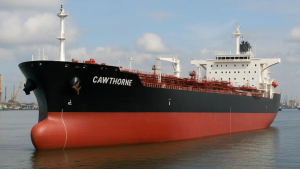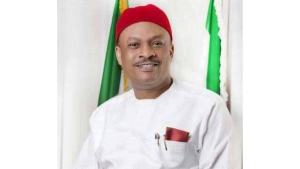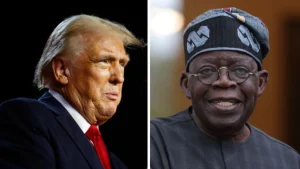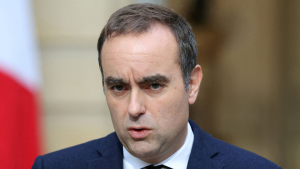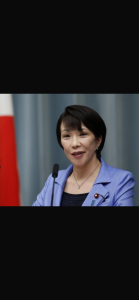
The Federal Government, through the Minister of Labour and Employment, Muhammadu Dingyadi, has called for an emergency tripartite meeting with Dangote Group management and the Nigeria Union of Petroleum and Natural Gas Workers (NUPENG) in a bid to halt a nationwide strike planned by the union starting September 8, 2025.
The looming strike, endorsed by the Nigeria Labour Congress (NLC), arises from NUPENG’s allegations of anti-union practices by Dangote Refinery.
NUPENG accuses Dangote Refinery of policies that prevent new drivers of compressed natural gas (CNG) trucks from joining any union, an action the union describes as a violation of the Nigerian Constitution and international labor conventions.
The union warns that this move threatens the livelihoods of thousands of petroleum tanker drivers and amounts to treating workers as slaves. Despite agreeing to attend the government-led meeting, NUPENG insists that the strike will proceed until their grievances are resolved.
The crisis has sparked broad concern among related groups. The Petroleum Products Retail Outlet Owners Association of Nigeria and Independent Petroleum Marketers Association of Nigeria have appealed to President Bola Tinubu to intervene and prevent the strike, which is expected to disrupt fuel supply chains nationwide, leading to fuel scarcity, longer queues at filling stations, and price hikes.
The NLC has raised a nationwide red alert, declaring solidarity with NUPENG and warning that failure to resolve the dispute could paralyze transportation, power, and manufacturing sectors, deepening economic hardship.
Human rights lawyer Femi Falana has also backed NUPENG, calling on the Federal Government to hold Dangote accountable for what he terms violations of labor and human rights laws.
Meanwhile, alternative driver associations allegedly backed by Dangote have been dismissed by NUPENG as management-inspired groups aimed at dividing workers.
The Minister of Labour has urged all parties to seek peaceful resolution to avoid disruption to the Nigerian economy, which heavily depends on the petroleum sector.
The outcome of the meeting scheduled for September 8 will be crucial in determining whether the strike can be averted.

